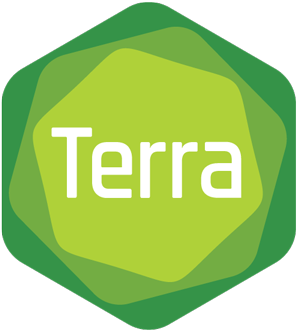Are you looking to expand your skillset this September? Whether you’re heading back to school for a new academic year or just itching to tackle some new professional challenges, there’s one topic that I can guarantee you will benefit from learning more about: bioinformatics workflows.
Last week, I presented an overview of this topic, in a webinar hosted by a Brazilian organization that brings together several institutions’ PhD programs in bioinformatics. I knew it was going to be a very heterogeneous audience, ranging from complete beginners to experienced professional bioinformaticians, so I tried to make the presentation accessible to newcomers while still including some nuggets of more advanced information for the veterans.
The resulting presentation, which I’ve just posted on Zenodo, starts with a brief introduction to the topic of bioinformatics workflows, with a particular emphasis on execution in the cloud. It then introduces the Workflow Definition Language (WDL), outlining the basic syntax and key features of the language, as well as the Cromwell execution engine, which is available as a managed service in Terra but can also be deployed as a standalone workflow manager on other systems. Finally, the presentation references three published scientific use cases that exemplify how WDL, Cromwell and Terra can be used to power scalable and reproducible research in the biomedical community.
You can find the full webinar recording on YouTube, with my presentation starting around the 13-minute mark, and the Q&A discussion starting around the 56-minute mark.
If you’re new to this topic, I hope you will find this presentation useful for getting oriented. Once you’re ready to take the next step and actually try your hand at running a workflow, I recommend checking out the Terra Workflows Quickstart. It’s a hands-on tutorial designed to walk you through the process of running a simple workflow on the cloud using Terra, with detailed step by step instructions and video recordings. Once you have the basics down, you’ll be able to move on to running more complex workflows imported through Dockstore.org, or start learning how to write your own workflows.
Along the way, you’ll pick up new knowledge and skills that will certainly come in handy as you develop your professional career. Good luck!



